 George Burba
George Burba
LI-COR Science & Strategy Fellow
Dr. Burba is LI-COR Science & Strategy Fellow, a Global Fellow at Daugherty Water for Food Global Institute, a Graduate Adjunct Professor at the University of Nebraska, and a Co-Founder of CarbonDew Community of Practice.
He is a bio-atmospheric scientist and book author, with 11 books on the curricula at 50+ universities, and in libraries across the world including Oxford, Stanford, Princeton, Yale, Cambridge, Cornell, Duke, MIT, Caltech, Dartmouth, Imp College London, Karlsruhe, Max Planck, and over 450 scientific, technical, and conference publications cited in IPCC and FAO Reports, Nature, Science, etc. He holds 14 patents in the US and internationally in 40+ countries on successfully commercialized technology, devices, and methods.
Dr. Burba has taught over 500 courses, seminars, webinars, and invited lectures, including those at numerous universities, AmeriFlux, Argonne, AsiaFlux, BASC, Battelle, EPA, ICOS, InGOS, IITM, NEON, OzFlux, WMO, X-the Moonshot Ffactory, etc., and served on advisory boards, review panels, steering, grant, search and organizing committees, etc. at over 40 organizations and groups including IPCC, AmeriFlux, Arctic Foundation, Carbon Space, COST, DOE, DWFI, Elsevier, EU Commission, ICOS, InGOS, NCSE, NEON, FFAR, Israel Ministry of Science, Netherlands Organization for Scientific Research, WMO, etc.
 Greg Emerson
Greg Emerson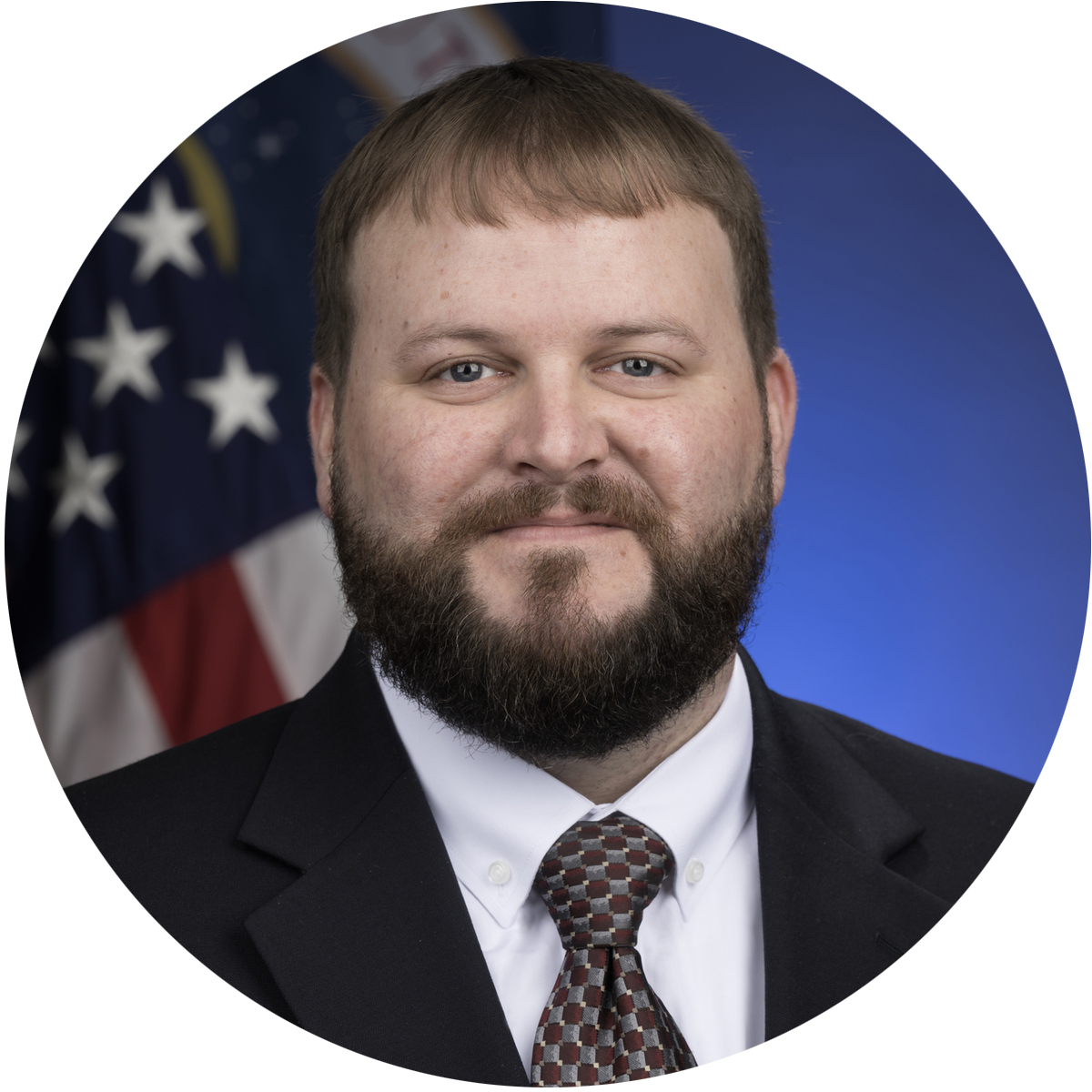 John Bombaro
John Bombaro Brian Cole
Brian Cole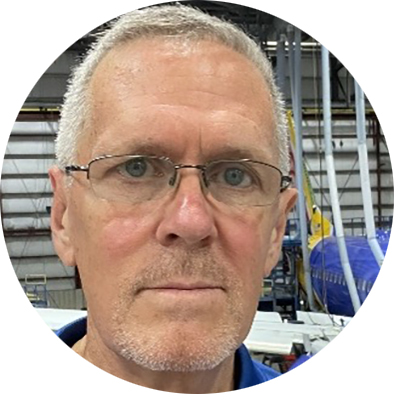 Jim Baumiller
Jim Baumiller Scott Colling
Scott Colling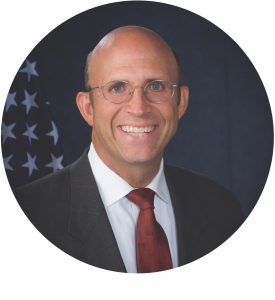 Dan Martin
Dan Martin Cordelia Hiers-Brady
Cordelia Hiers-Brady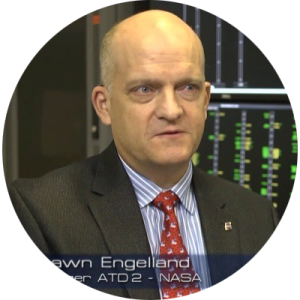 Shawn Engelland
Shawn Engelland George Burba
George Burba CJ Bixby
CJ Bixby
 Jay Stalnacker
Jay Stalnacker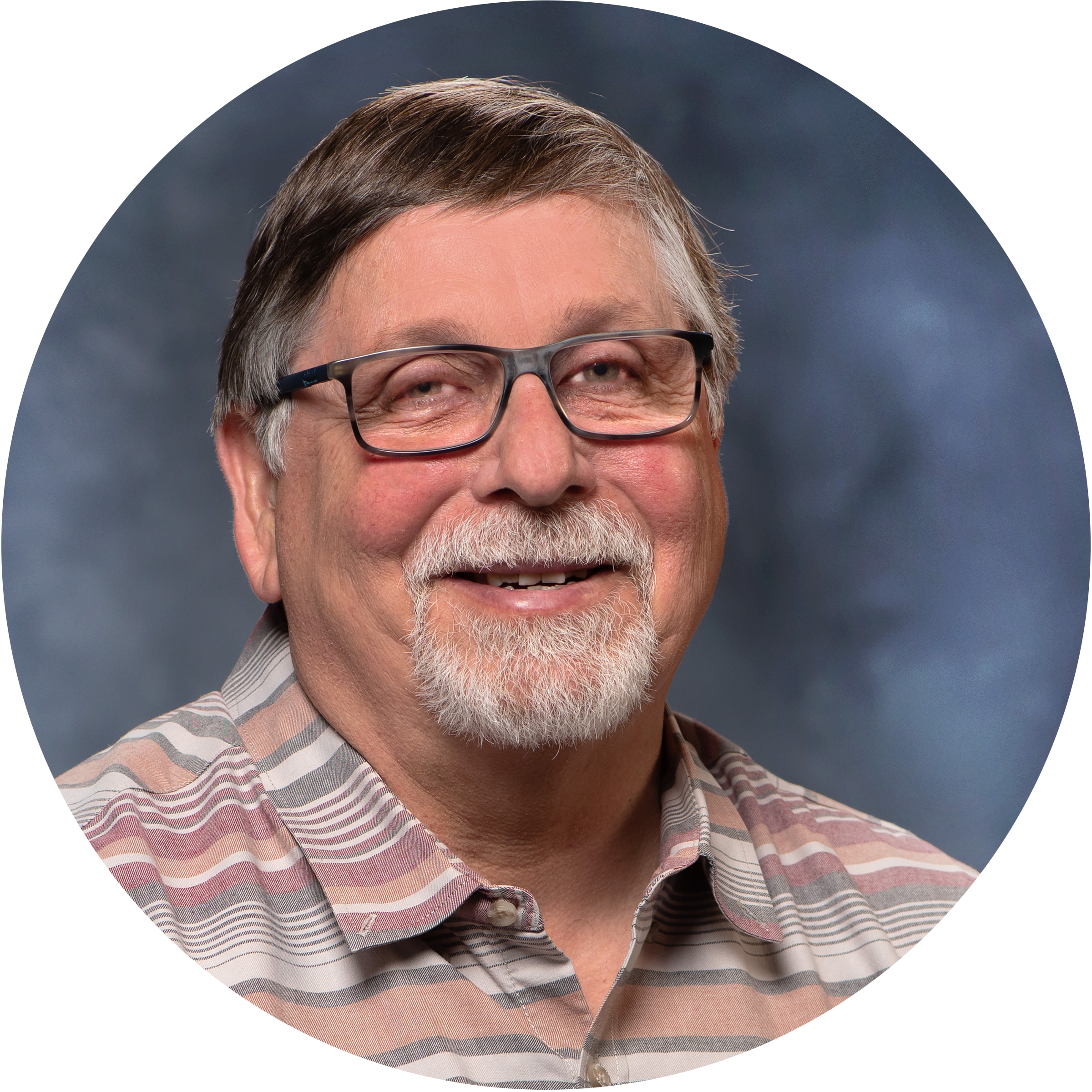 Charles Sheehe
Charles Sheehe Travis Potter
Travis Potter Amy McCluskey
Amy McCluskey Dr. Shanna McClain
Dr. Shanna McClain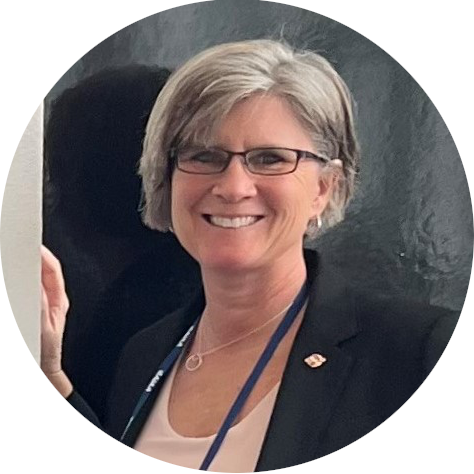 Peggy Cornell
Peggy Cornell Matthew Boucher
Matthew Boucher Susan Bayley
Susan Bayley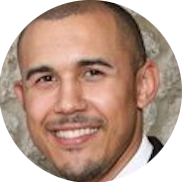 Dr. Marcus Johnson
Dr. Marcus Johnson Genevieve Ebarle
Genevieve Ebarle Stacy Dees
Stacy Dees Shelley Spears
Shelley Spears Janice Kurbjun Miller
Janice Kurbjun Miller Mina Cappuccio
Mina Cappuccio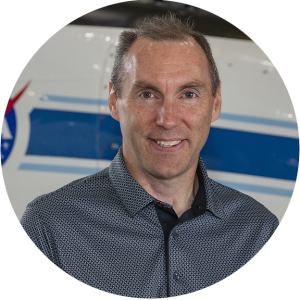 Craig Nickol
Craig Nickol Jeanne Yu
Jeanne Yu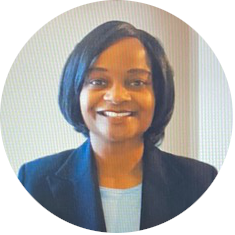 Devin Pugh-Thomas
Devin Pugh-Thomas Mani Gavvalapalli
Mani Gavvalapalli Phil Kenul
Phil Kenul Koushik Datta
Koushik Datta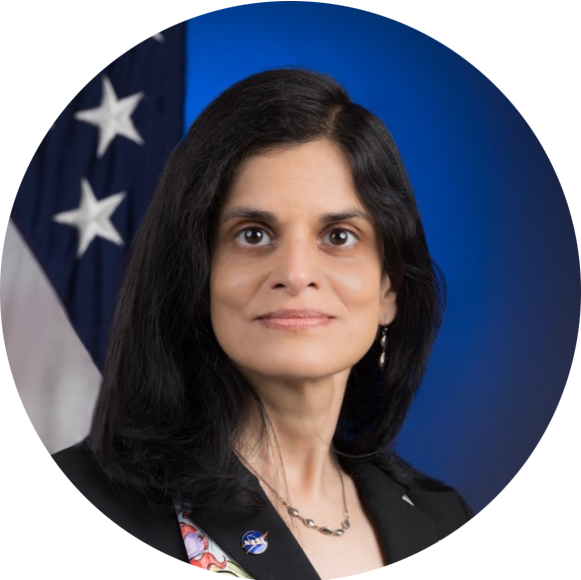 Dr. Natasha Neogi
Dr. Natasha Neogi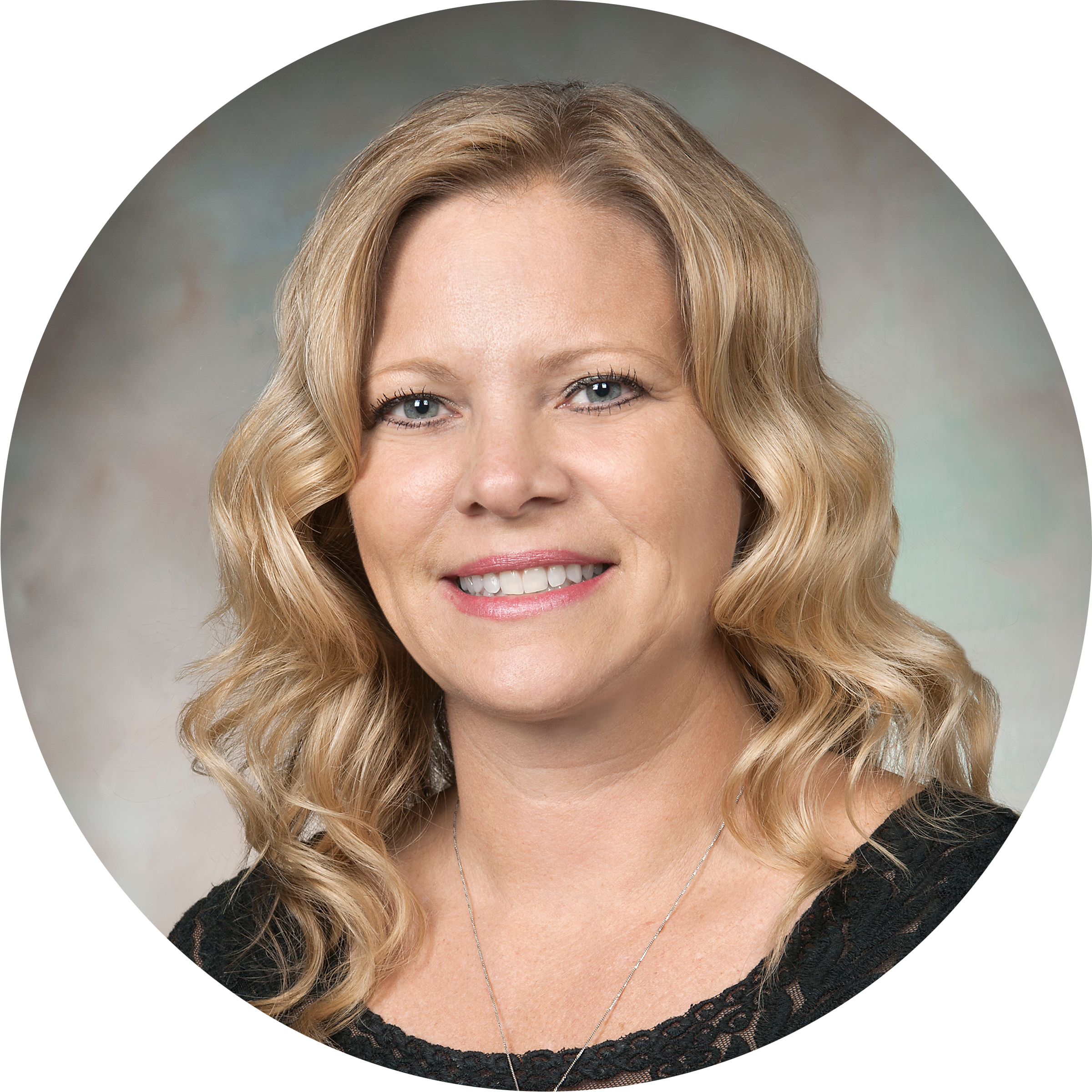 Starr Ginn
Starr Ginn Steven Holz
Steven Holz Andrew Provenza
Andrew Provenza